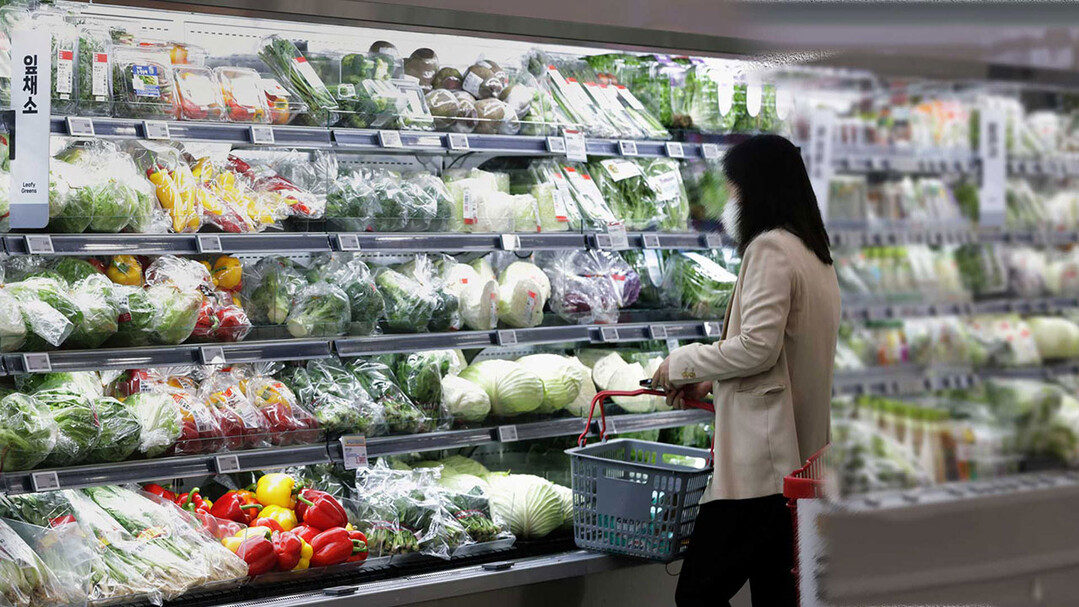
Seoul, South Korea – A new study by the Bank of Korea (BOK) has revealed that South Korea, like many other countries, has been experiencing a significant surge in prices for low-cost goods, a phenomenon known as "chipflation." This disparity has disproportionately impacted lower-income households, exacerbating income inequality.
The BOK's "BOK Issue Note: Cheapflation and Inflation Inequality Post-Pandemic" found that from January 2020 to September 2022, the price of low-cost goods increased by a staggering 10.8 percentage points more than that of high-cost goods.
To analyze the domestic chipflation situation, the BOK's price trend team utilized scanner data from the Korea Chamber of Commerce and Industry. They categorized products into four quartiles based on price, with the lowest-priced goods in the first quartile and the highest-priced in the fourth. The price index was then calculated for each quartile over the study period.
The cumulative price increase for the first quartile (low-cost goods) was 16.4%, while that of the fourth quartile (high-cost goods) was a mere 5.6%.
Several factors contributed to this phenomenon. On the supply side, the rising cost of imported raw materials played a significant role. Low-cost goods often rely heavily on imported raw materials, and the sharp increase in these costs post-pandemic forced manufacturers to raise prices. Additionally, on the demand side, consumers shifted their spending towards cheaper products due to the overall high inflation, further driving up the prices of these goods.
This disparity in price increases has widened the gap in perceived inflation between different income groups, exacerbating income inequality. The BOK estimates that from the fourth quarter of 2019 to the third quarter of 2022, the cumulative increase in real inflation for the bottom 20% of households was 1.3 percentage points higher than that of the top 20%.
"Even if households consume the same set of goods, low-income households are more likely to purchase lower-priced items, while high-income households tend to buy more expensive products," explained Jo Kang-chul, head of the BOK's price trend team. "Therefore, differences in price increases across price quartiles inevitably lead to disparities in real inflation for each income group."
To mitigate the impact of chipflation on low-income households, the BOK recommends that the government focus on stabilizing the prices of mid-to-low-cost goods. "Chipflation is a phenomenon that tends to occur during periods of rapid inflation, so maintaining price stability is key to alleviating the burden on low-income households," Jo added.
[Copyright (c) Global Economic Times. All Rights Reserved.]






























